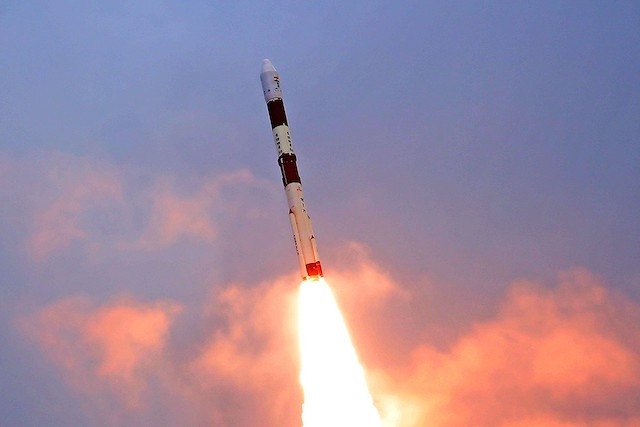The satellites were launched from Sriharikota in the Bay of Bengal on 7 November, the company said. The scouting mission satellites will detect and geolocate maritime radio frequency transmissions. These are used, for example, to monitor sea traffic but also illegal operations by vessels.
“It is, for me, of utmost importance that all your endeavours serve to keep our world, but also space, a peaceful domain. We should therefore develop meaningful capacities for our defence but also society in general,” defence minister François Bausch said by video message. Satellite technology will help combat piracy, human and arms trafficking, illegal fishing and pollution, he added.
The initial group of four satellites forms the foundation of a larger constellation that aims to eventually deliver near real-time intelligence over “key regions of maritime interest,” according to Kleos.
The nanosatellites were built by GomSpace in Denmark and are about the size of a shoebox each. Kleos hopes to launch the next cluster in mid-2021 and aims for a constellation of 20 such clusters in the long term.
“We are immensely proud of the entire team,” said Kleos CEO Andy Bowyer. “Launching satellites is always a huge challenge and the covid-19 pandemic had made it even more difficult.”
Kleos sells its data to government agencies, the intelligence community, end users or businesses “interested in locating threats, assets, targets or emergency beacons/those in distress,” the company said in a press release.
